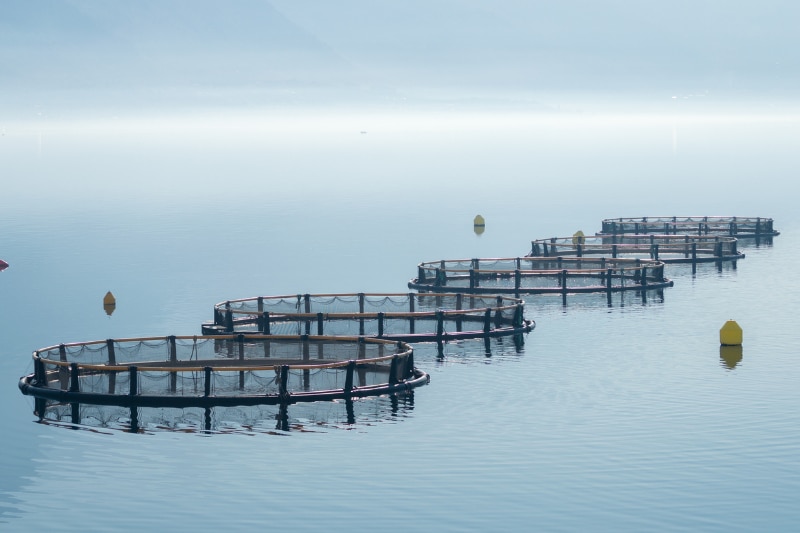A USD 4.6 million project called AquaSoS is launching to improve sustainable fish farming in Vietnam’s Mekong Delta. Led by University of Stirling, the initiative is part of a broader UK government effort to support aquaculture in Southeast Asia.
Funded by UK Research and Innovation (UKRI), AquaSoS will use a combination of satellite data, sensor readings, and lab analyses to develop a digital tool for detecting and managing disease outbreaks and antimicrobial resistance (AMR) in pangasius (catfish) farming.
The project draws expertise from the university’s Institute of Aquaculture and Biological and Environmental Sciences division. It aims to tackle environmental challenges such as pollution, climate change, and ecosystem degradation, helping stakeholders—scientists, policymakers, and industry leaders—make informed decisions that balance food production with environmental protection.
Vietnam’s Mekong Delta was selected for the AquaSoS project because it represents a large-scale, multi-species aquaculture system that is currently facing rising threats from infectious diseases. These diseases pose a persistent risk to the sustainability of aquaculture operations in both Asia and the wider global industry.
AquaSoS is one of four major research projects recently announced as part of a USD 16 million UKRI initiative. These projects are focused on improving sustainable aquaculture in Southeast Asia, addressing interconnected issues like climate change, food insecurity, and the resilience of local communities.
Other funded projects will aim to enhance mollusc farming, strengthen the seaweed sector by breeding disease-resistant varieties, and develop affordable tools for monitoring water quality and detecting early signs of disease—particularly to support small-scale shrimp farmers in Vietnam and Thailand.
(Source: Fish Farming Expert)
